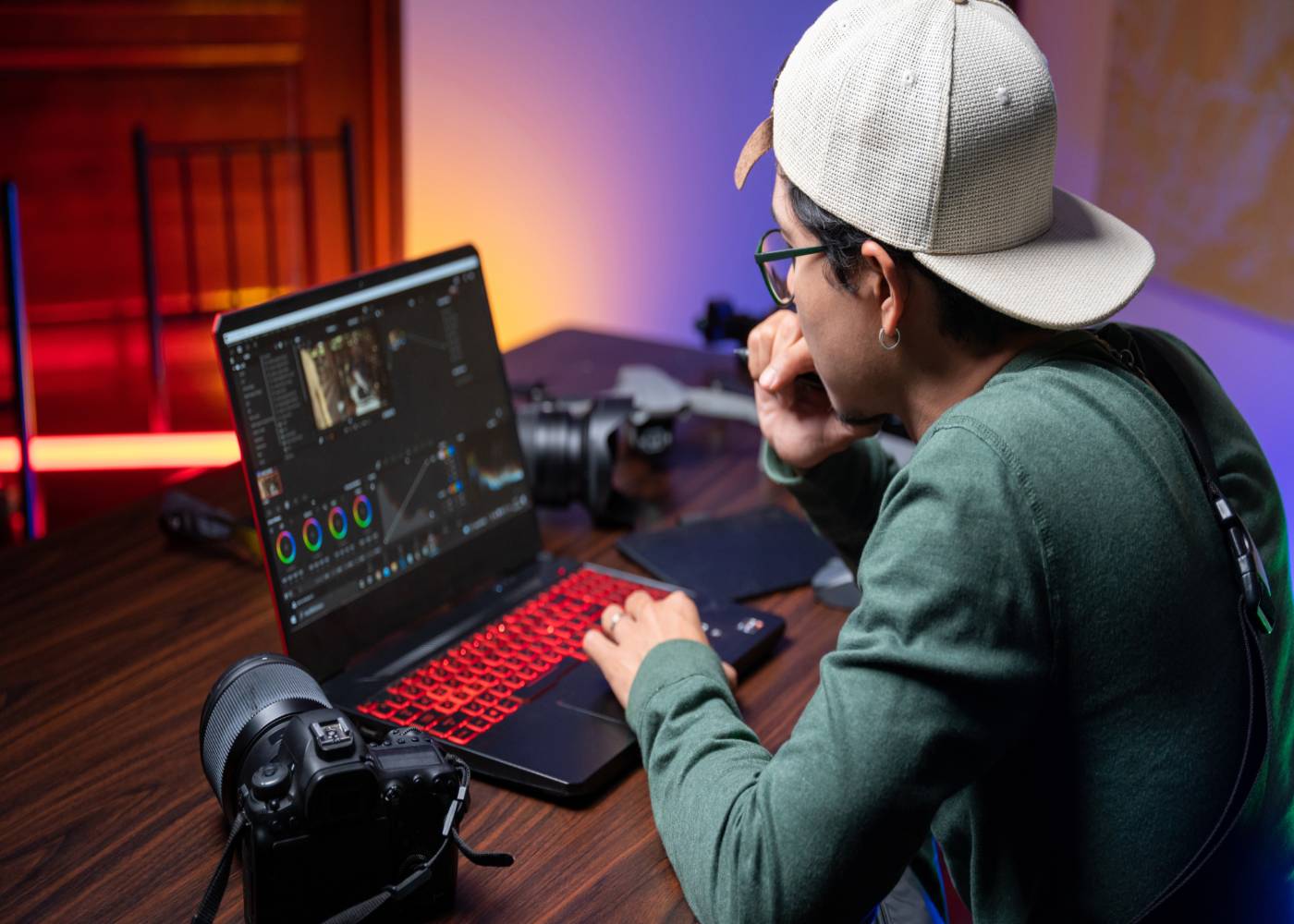
In today's technologically advanced society, private investigators (PIs) must go beyond the traditional methods of investigation. One of the increasingly essential skills they need to master is video production. This might seem unusual, but when you break it down, the correlation between the two fields becomes crystal clear.
Setting the Stage: Private Investigation Training
To become a private investigator, one must undergo rigorous training. This includes understanding the relevant rules, laws, and guidelines related to privacy, surveillance, evidence collection, and more. These protocols differ from region to region, so it's crucial to learn and abide by the legislation of the specific locale you operate in.
Training programs for private investigators typically cover a wide range of topics, from legalities and ethics to surveillance and evidence collection. It's not just about following a person or conducting a background check; it's about how to do these things within the framework of the law.
For instance, in surveillance, one must always respect privacy rights and avoid infringing on someone's personal space without proper cause or permission. Understanding when and where one is legally allowed to conduct surveillance is a fundamental part of a private investigator's training. The same goes for collecting evidence. It's not simply about gathering information; it's about ensuring the information can be legally and ethically used to support a case.
Cue the Camera: Learning the Equipment
Once a private investigator has a solid understanding of the legal and ethical framework they operate within, they can begin to hone their practical skills, and this is where video production training comes into play.
In an age where digital data reigns supreme, being proficient with various tech tools can be a real game-changer. When it comes to video surveillance, the basic equipment often includes cameras, tripods, hidden camera setups, and various forms of video editing software.
Training in video production can equip a private investigator with the knowledge to use these tools effectively. It enables them to set up cameras for optimum coverage, record high-quality video even under challenging conditions, and handle the footage correctly for evidence preservation.
Moreover, understanding video editing software allows investigators to enhance their footage, extract relevant information, and present their findings in a clear, comprehensible format. For instance, they can highlight certain parts of the video, slow down or speed up footage, or isolate and enhance a specific audio segment.
Action! How Video Production Elevates Private Investigation Skills
Now, you might be wondering, how exactly does mastery of video production contribute to being a top-notch private investigator or security guard? Well, let's break it down.
1. Enhanced Surveillance
Video production skills can significantly enhance surveillance operations. Knowledge of camera angles, lighting, and video quality can help capture crucial evidence more effectively. It also allows for more efficient hidden camera placements, ensuring you can document events without compromising your position or the investigation's integrity.
2. Better Evidence Presentation
Presenting your findings is just as important as collecting them. Skills in video production allow you to create a polished, professional, and easy-to-understand presentation of the evidence you have collected. It ensures that you can highlight the necessary details effectively, making the case stronger and more compelling.
3. Increasing Credibility
Having professional-grade video production as part of your private investigation toolkit doesn't just aid in your investigations – it boosts your credibility too. Clients and legal professionals are more likely to trust investigators who use state-of-the-art methods and present their findings professionally.
4. Future-proofing Your Career
With the increasing reliance on technology, the demand for tech-savvy private investigators is growing. Having a skillset that includes video production ensures that you remain relevant in an evolving industry.
Conclusion
In the world of private investigations, incorporating video production into your repertoire is no longer just an added advantage but a necessity. It is a compelling fusion of technology and traditional sleuthing that elevates the professional standing of a private investigator or security guard.
Understanding the law, rules, and guidelines that regulate your work forms the bedrock of your career. Still, expanding your skill set to include mastery of video production can propel you to new heights. This expertise not only enhances the effectiveness of your surveillance and evidence gathering, but it also increases the impact and clarity of your case presentations.
The ability to use video production tools proficiently ensures that you can handle an extensive range of scenarios, from undercover operations to compiling and presenting legally sound evidence. Moreover, this skill strengthens your credibility, demonstrating a level of professionalism and technical acumen that sets you apart in this competitive field.
So, for those contemplating whether to invest time and resources into video production training, the benefits are clear. Remember, in the field of private investigations, every detail matters. Just as the camera lens brings the subject into focus, mastering video production can spotlight your success in this challenging yet rewarding profession. Lights, camera, evidence: it's time to step up your investigative game.



















Comments (3)
Nicholas
Jun 28, 2025
The connection between tech skills and traditional PI work is clearer than ever, especially with the growing demand for high-quality, legally sound evidence. Just like content creators such as kaixkitsune on OnlyFans master visual storytelling to engage their audience, PIs can leverage similar skills to elevate their credibility and impact.
Gino Shields
May 20, 2025
Video quality can make or break the evidence collected by private investigators, so mastering video production is definitely a smart move. When I started using Arlo cameras for my investigations, I realized how important reliable tech support is to keep everything running smoothly. The arlo customer support team has been incredibly helpful whenever I had questions about setup or troubleshooting, ensuring my video evidence stays clear and accessible.
Isabelle Francisco
Jan 10, 2025
I am incredibly grateful to barry white Team for helping me recover $100,000 in such a short period from an online scam bitcoin investment platform. Their professionalism, expertise, and relentless dedication made the entire process smooth and stress-free. I highly recommend their services to anyone seeking reliable assistance in financial recovery. Email: (barrywhite4390( @)—-g m a i l——c o m”
Write a Comment